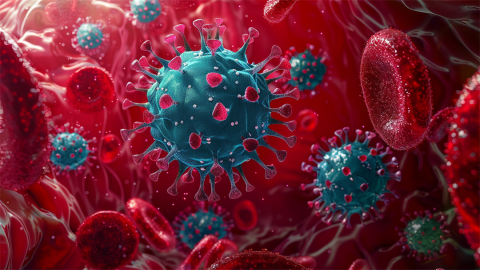Can herpes simplex virus be completely cured?
Generally, whether herpes simplex virus infection can be completely cured depends on the type of infection and the individual's condition. Detailed analysis is as follows:

For primary infections, if treated promptly and appropriately, most patients' symptoms can be relieved within 1-2 weeks, and the virus in the body will be temporarily suppressed. However, the virus tends to remain latent in the ganglia and may be reactivated when the immune system weakens. As the virus cannot be completely eliminated from the body, total eradication is difficult.
For recurrent infections, symptoms are usually milder and the disease course shorter compared to primary infections. With regular medication and immune modulation, recurrence frequency can be reduced and the disease course shortened. However, the latent virus remains in the body and cannot be completely eliminated, necessitating long-term prevention and control.
Daily management should include maintaining skin cleanliness and avoiding scratching lesions to prevent secondary infections; maintaining a balanced diet and regular sleep patterns to enhance immunity; seeking timely medical attention and following medical instructions when symptoms appear; and avoiding close contact with others to prevent virus transmission, especially taking protective measures during active disease periods.




